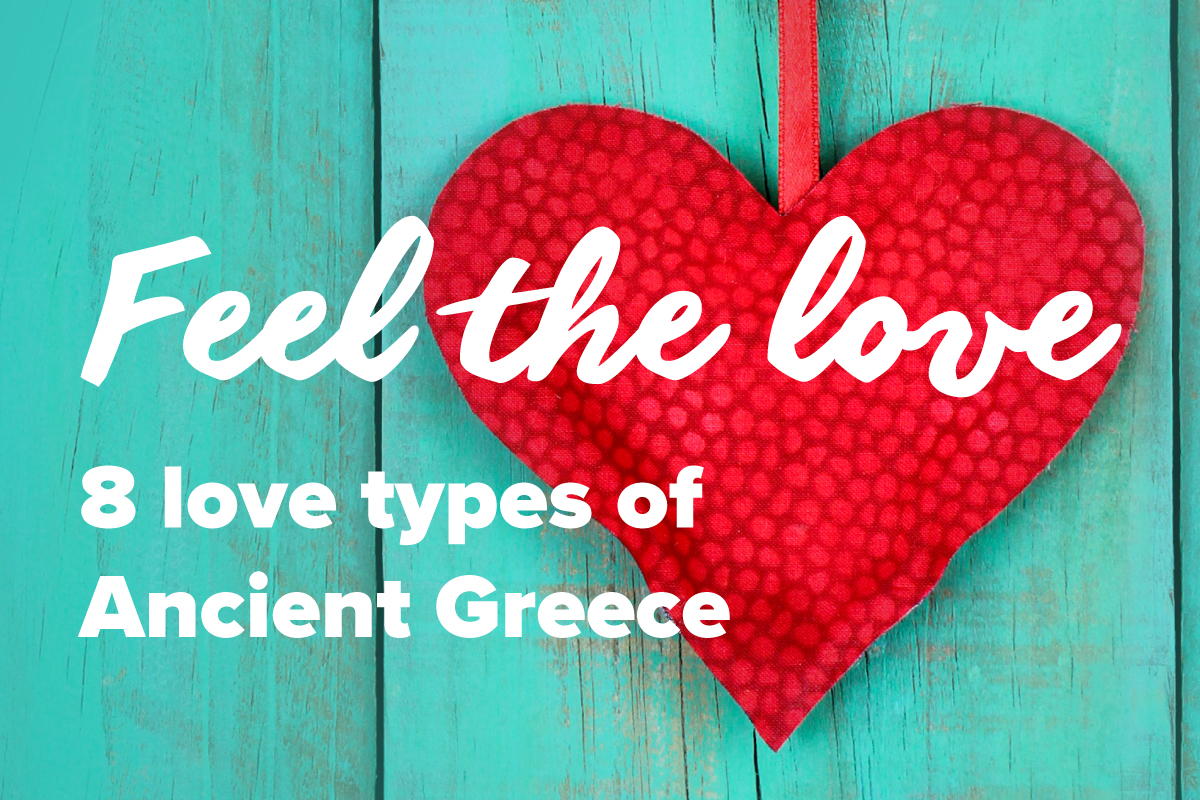It doesn’t matter what age you are – love is love, surely? Well, apparently not. Love comes in many forms and it seems as we age we tend to start valuing a different type of relationship.
In midlife, we go through so many changes – hormones, sex drive, marriage/divorce and empty nest syndrome, plus these can be combined with an increased sense of self-awareness. This all makes us more conscious of our needs different love, or love on a new level.
New Love in Midlife
Studies have shown that as horizons shrink as they do in midlife we become more selective. We invest in more emotionally meaningful experiences and seek out love in its many forms. Instead of drifting along in unhappy relationships, that started off passionate and lustful, then merge into something less fulfilling, many people shake up their relationships.
Life can also take a weird turn as our teens become adults, more independent and move out. This gives us a new found freedom which can be hard to get used to and a change in routine. Suddenly its time to focus on ourselves and seek our new relationships and love.
So what different types of love are there to experience at this time in our lives? The Greek’s captured it so well with their 8 types of love. Imagine a life filled with all this love!
Different Types Of Love from Ancient Greece
“Eros” or Erotic Love
- Named after the Greek god of love and fertility, Eros, who represented the idea of sexual passion and desire, the Greeks thought this love was dangerous and frightening. Erotic Love involves a “loss of control” through the primal impulse to procreate. It is a passionate and intense form of love that arouses romantic and sexual feelings, is all-consuming but burns out quickly. To stay strong, it needs its flame to be fanned through one of the deeper forms of love below. This is because Eros is centred around the selfish aspects of love – personal infatuation and physical pleasure, which is not sustainable for long term love.
“Philia” or Affectionate Love
- The second type of love is philia or friendship. The ancient Greeks valued philia above Eros because it was love between equals. It was considered a virtuous love that is free from the intensity of sexual attraction. In everyday life, it is seen in feelings of loyalty among friends, camaraderie among teammates and the sense of sacrifice for your ‘pack’. Philia is a type of love that is felt among friends who’ve endured hard times together.
“Storge” or Familiar Love
- Although storge closely resembles philia because it is also love without physical attraction, storge focuses on kinship and familiarity. It is a natural love that you often find between parents and their children. This form of affection is also found between friends in childhood and adulthood.
“Ludus” or Flirtatious Love
- Although ludus has some aspects of Eros in it, it is much more than that. The Greeks thought of ludus as a playful form of love like the affection between young lovers which is sometimes lost as we age. It is that feeling we have when we go through the early stages of falling in love with someone – the fluttering heart, flirting, teasing, and feelings of euphoria.
“Mania” or Obsessive Love
- Mania love leads a partner into a type of madness and obsessiveness. It occurs when there is an imbalance between Eros and Ludus. To those who experience the mania of this love feel that love is rescuing them. Usually, they are in need of reinforcement of their own value as they have low self-esteem, and love offers this reinforcement. This can lead to becoming possessive and jealous lovers who feel as if they desperately need their partners. It can also lead to issues like co-dependency.
“Pragma” or Life Long Love
- Pragma is a love that has aged, matured and developed over time. It has moved beyond being physical or casual and it is a unique harmony that has formed over time. You can find pragma in married couples who’ve been together for a long time, or in friendships that have endured for decades. Unfortunately, pragma is a type of love that is not easily found. We spend so much time and energy trying to find it that we don’t learn how to maintain it. Unlike the other types of love, pragma needs effort on both sides. Love between people who’ve learned to make compromises and show patience and tolerance to make the relationship work.
“Philautia” or Self Love
- The Greeks understood that so that we can care for others, we must first learn to care for ourselves. Philautia is a form of self-love is not the unhealthy type, based on vanity and self-obsession. Instead, itis self-love in its healthiest form. It shares the Buddhist philosophy of “self-compassion”. This is the deep understanding that only once you have the strength to love yourself and feel comfortable in your own skin will you be able to provide love to others. The great Aristotle himself said, “All friendly feelings for others are an extension of a man’s feelings for himself.”
“Agape” or Selfless Love
- The highest and most radical type of love according to the Greeks is agape, or selfless unconditional love. This type of love is not the sentimental outpouring that often passes as love in today’s society. Nor it is the condition-based love that we see so often. It is a spiritual love, bigger than ourselves, the purest form of love that is free from desires and expectations. It is love regardless of the flaws and shortcomings of others.
When we understand the different types of love out there, and we have probably all experienced most if not all of them, we can become conscious of how deep our connection is with ourselves and the other people in our lives. Our love lives can throw so many changes at us. Happiness with the lasting love of someone who has been in our lives for a long time, and that love might need to move onto a different level such as a more caring role, is a beautiful thing. Accepting that love may change over the years, but that when it moves on to a different type of love it doesn’t necessarily mean its a bad type of love.
By knowing all these different types of love, we are better able to identify the different types of love we have in our lives. It helps us appreciate how each of these types of love serves us and makes us whole. No longer do we search for one specific type of love, but instead we can be satisfied with the different love of our partners, friends and family.





